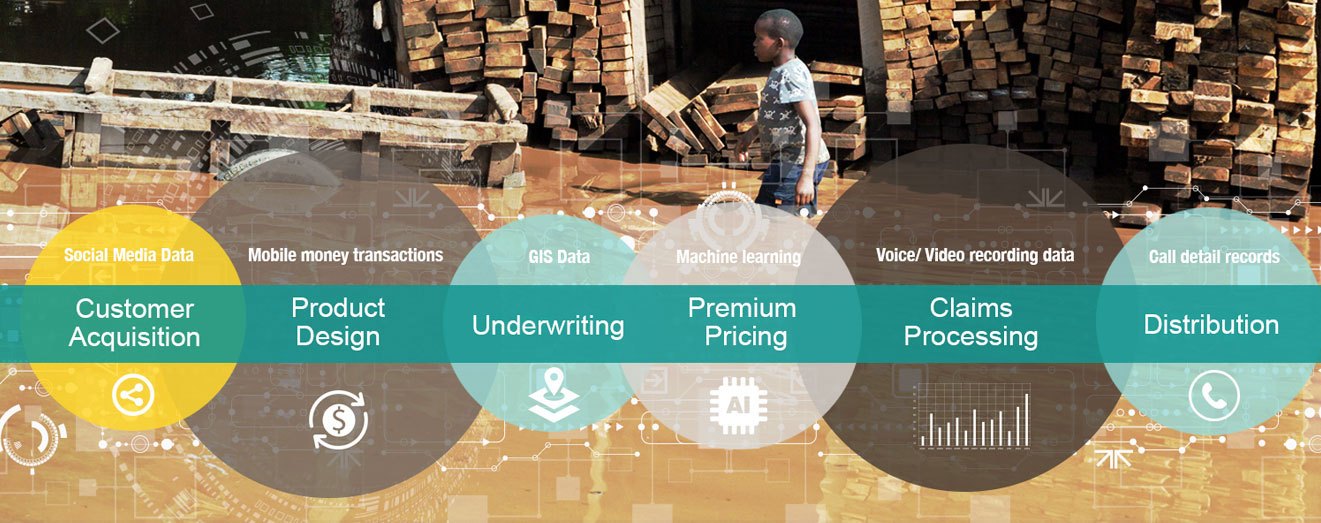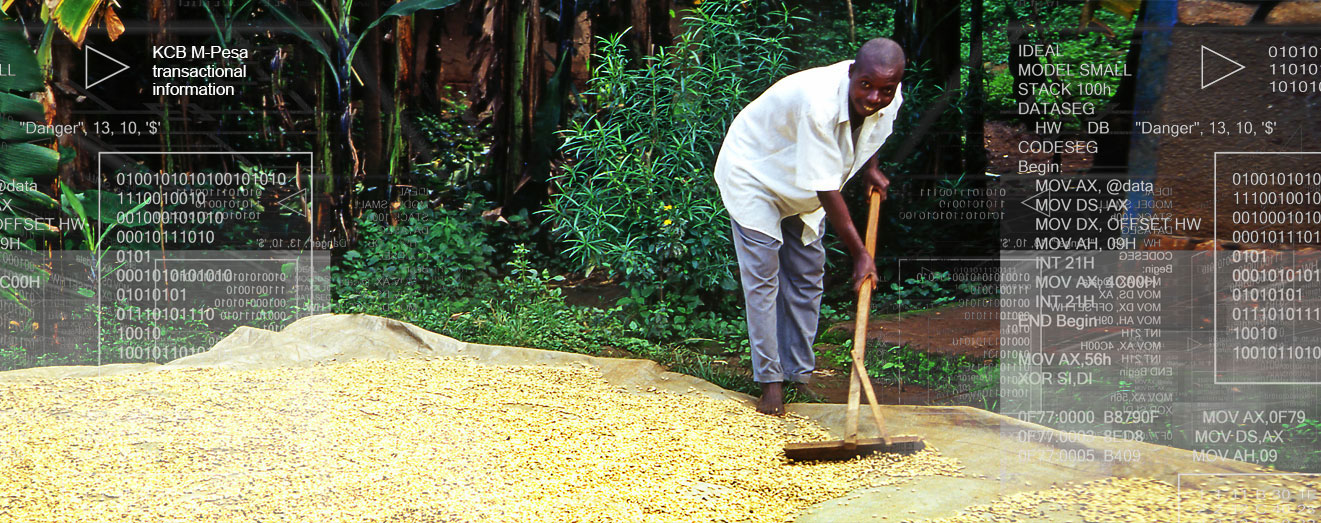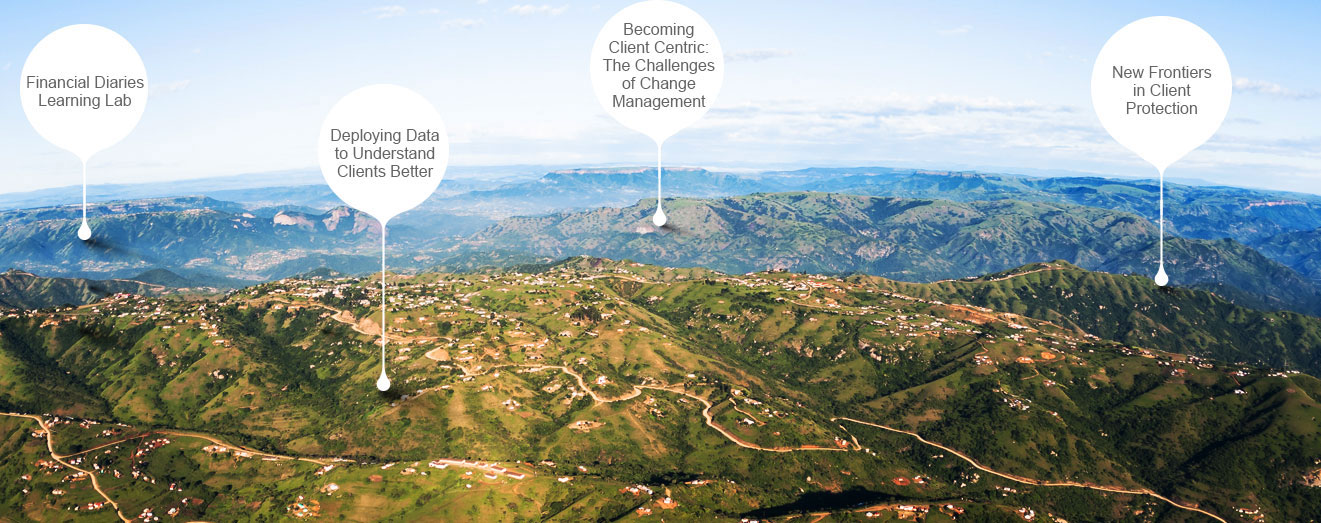
New approaches to measuring financial inclusion
Financial inclusion has evolved from a grass-root microfinance movement in the 1980s to a mainstream item on the development agenda. Its increasing prominence is attested, amongst others, by the formation of the G20 Global Partnership for Financial Inclusion (GPFI), the recognition of financial inclusion in the Sustainable Development Goals and










